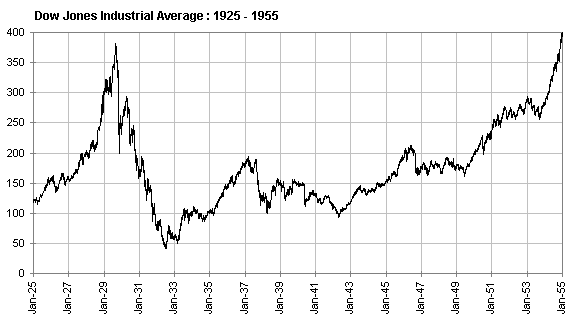ERD50
Give me a museum and I'll fill it. (Picasso) Give me a forum ...
I recently came across this guy's work, though I think someone posted quite a while ago about a blog he did about "how I failed my daughter". That was good, but didn't really grab me.
But I think this one is really good, and loved the way he makes his point at 30:14 in the video (the link should take you to that point).
He says that Fidelity did a study, and their fund investors on average, did worse than the fund itself. Now that seems odd, but it was apparently due to getting in/out of the market at the wrong time.
They dug deeper, and found a subset that did better than average, and managed to match the total return of the fund. They found that this subset consisted of a high percentage of dead people. Dead people don't try to time the market! I thought that was pretty good.
JL Collins: "The Simple Path to Wealth" | Talks at Google
https://youtu.be/T71ibcZAX3I?t=1814
-ERD50
But I think this one is really good, and loved the way he makes his point at 30:14 in the video (the link should take you to that point).
He says that Fidelity did a study, and their fund investors on average, did worse than the fund itself. Now that seems odd, but it was apparently due to getting in/out of the market at the wrong time.
They dug deeper, and found a subset that did better than average, and managed to match the total return of the fund. They found that this subset consisted of a high percentage of dead people. Dead people don't try to time the market! I thought that was pretty good.
JL Collins: "The Simple Path to Wealth" | Talks at Google
https://youtu.be/T71ibcZAX3I?t=1814
-ERD50


 <j/k>
<j/k>